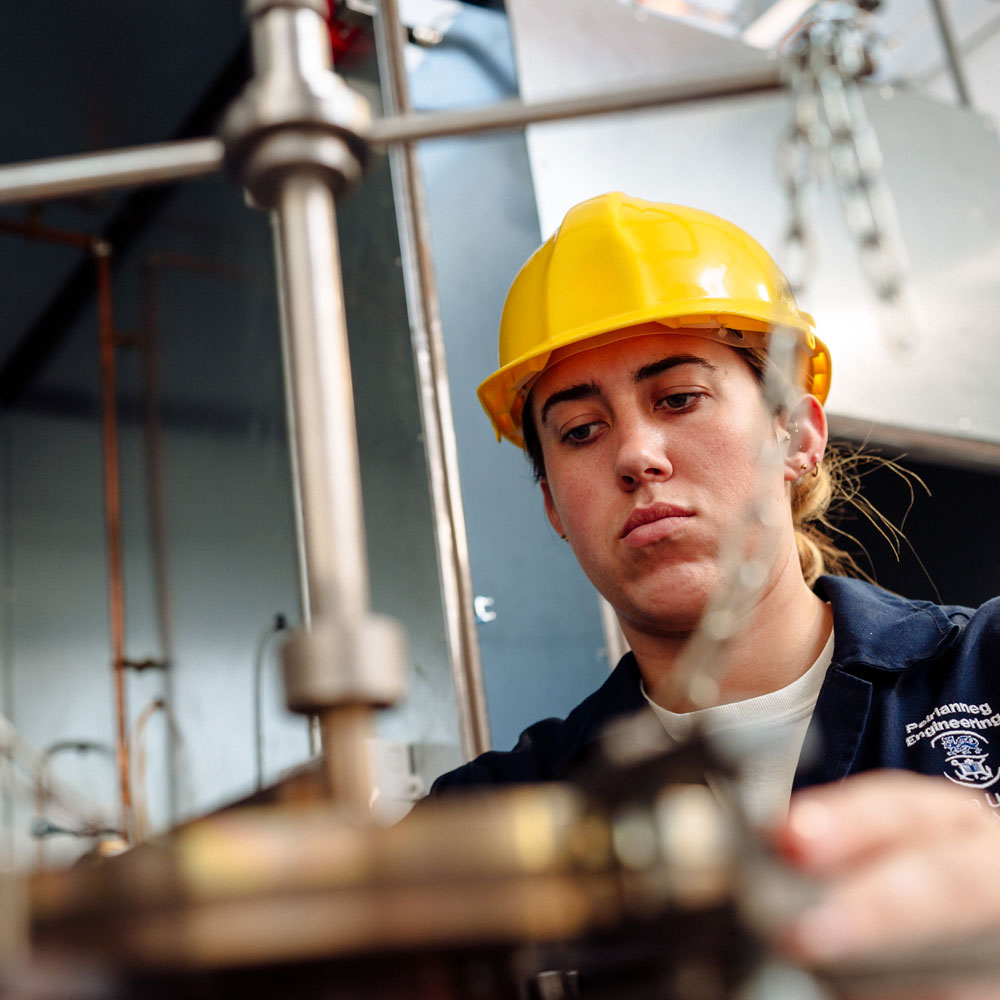Tribology testing reducing fuel consumption
Reduction of frictional losses can reduce carbon emissions for industrial decarbonisation.
Tribology is the science of wear, friction and lubrication. It describes how two surfaces interact with each other. Due to friction between any two surfaces, energy can be lost in overcoming the frictional stresses. This is a waste of energy and money and leads to more fuel consumption and carbon emissions.
Tribology testing
We can carry out tribology testing in dry conditions as well as wet conditions. Dry conditions can be carried out in air at room temperature to simulate activities such as railway applications or at high temperatures such as in hot rolling operations. The wet conditions can involve lubrications as well as humid environments.
There is ongoing research with regards to developing sub-zero tribology testing in addition to severely corrosive environments. This can provide us with an overall assessment of newly developed systems and facilitate the development of novel materials and coating systems.
Working with industry we can use tribology to focus on reducing carbon emissions and friction reduction and on sustainability and wear protection.
Practical solutions for industry
Tribology can benefit the steel and metals industry through the development of new alloy systems and coating technologies. It is desirable to develop new alloy systems that will survive the severe environments in service under frictional and wear loading conditions. Tribology testing can be employed to address and detect any downfalls in the newly developed materials and evaluate the new coating and lubricating technologies by reproducing the service conditions on a lab-scale.
Tribology can help the automotive industry where friction is a major element. The movement and rotation of components in vehicles is translated to wear and friction which requires attention. The railway industry involves rotating wheels against a railway track where friction is a determining component during service. The study of wheels and railway track materials is essential to ensure safety at all times.
Gas turbine aero engines industry can benefit from tribology evaluation as well. This becomes evident when evaluating the abradable materials used at the front section of the aero engine against the rotating fan blades. The performance of such abradable materials is crucial to maintain the safety of a gas turbine aero engine.
If mechanical losses or friction in the powertrain of automotive could be reduced by improved tribology, this could reduce global fuel consumption.
Tribology expertise
We’re drawing on our wide expertise in mechanical testing and materials characterisation in developing our tribology testing.
Academics working with our operational team boost our capability to include testing in corrosive environments, sub-zero conditions and high temperature atmosphere to address the needs of several industry sectors. The study of tribology can help reduce the total worldwide carbon emissions by decreasing friction, extending the life of components and reducing wear.
Contact us to find out more about our tribology expertise.
Contributor Dr Zak Abdullah
Updated January 2024
